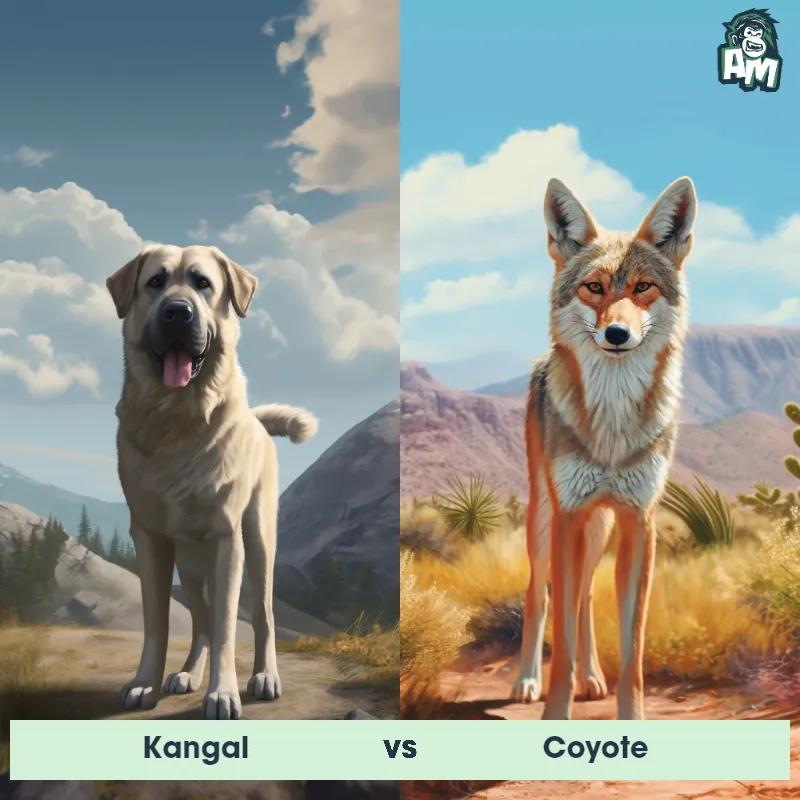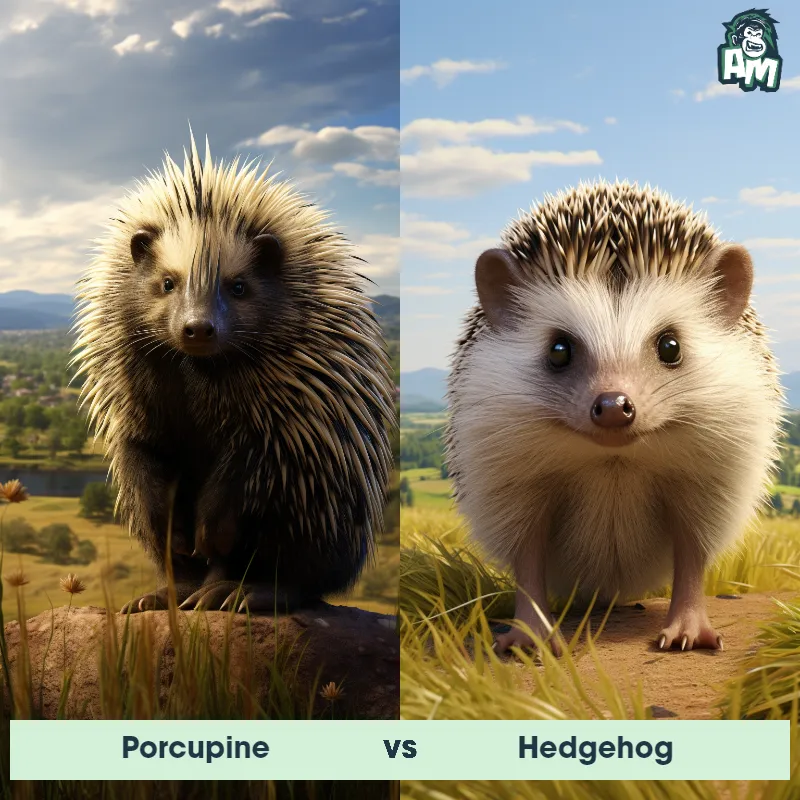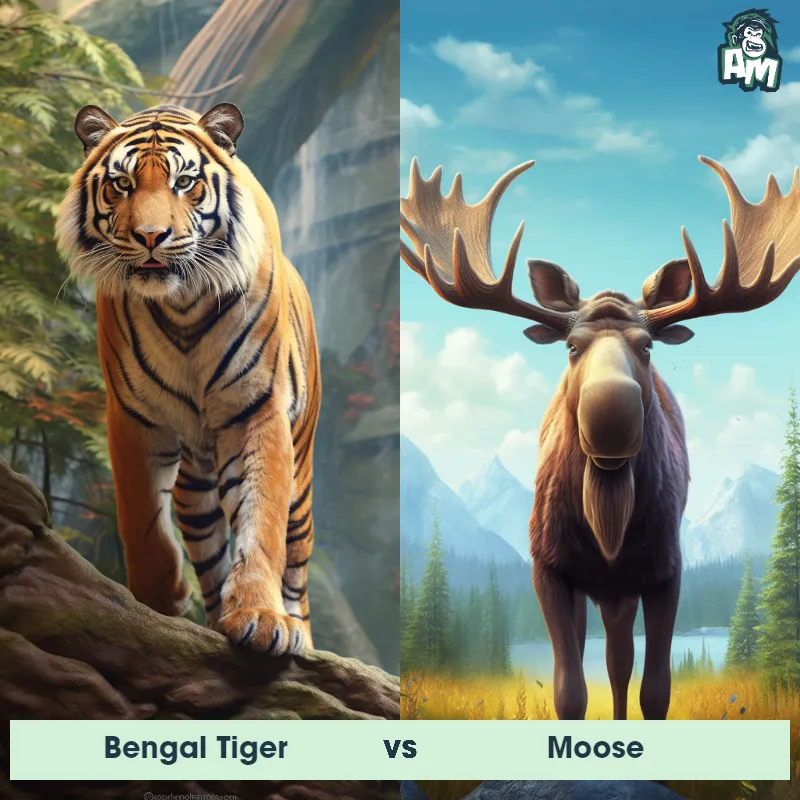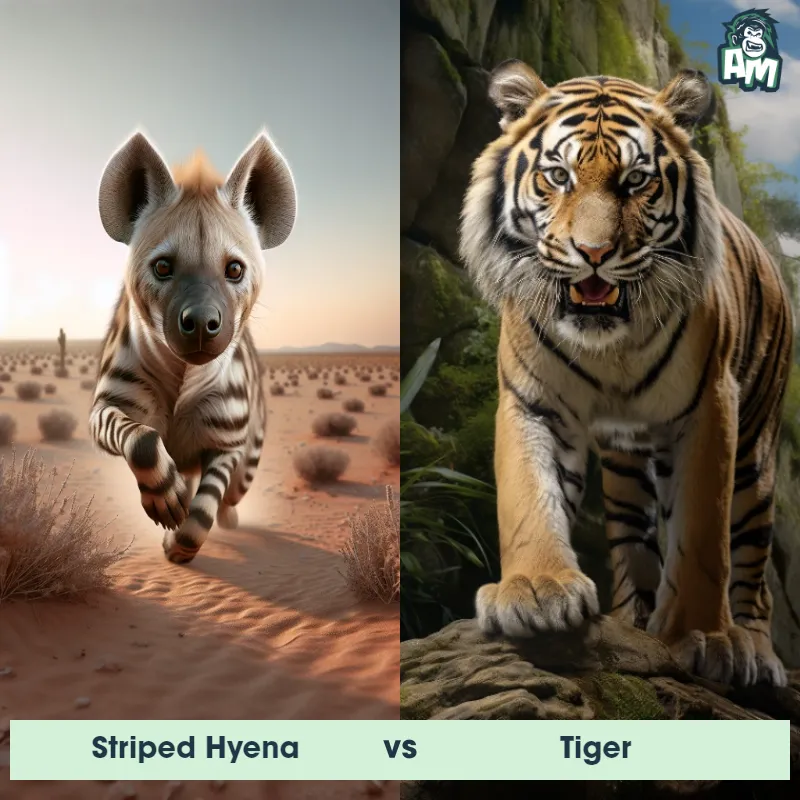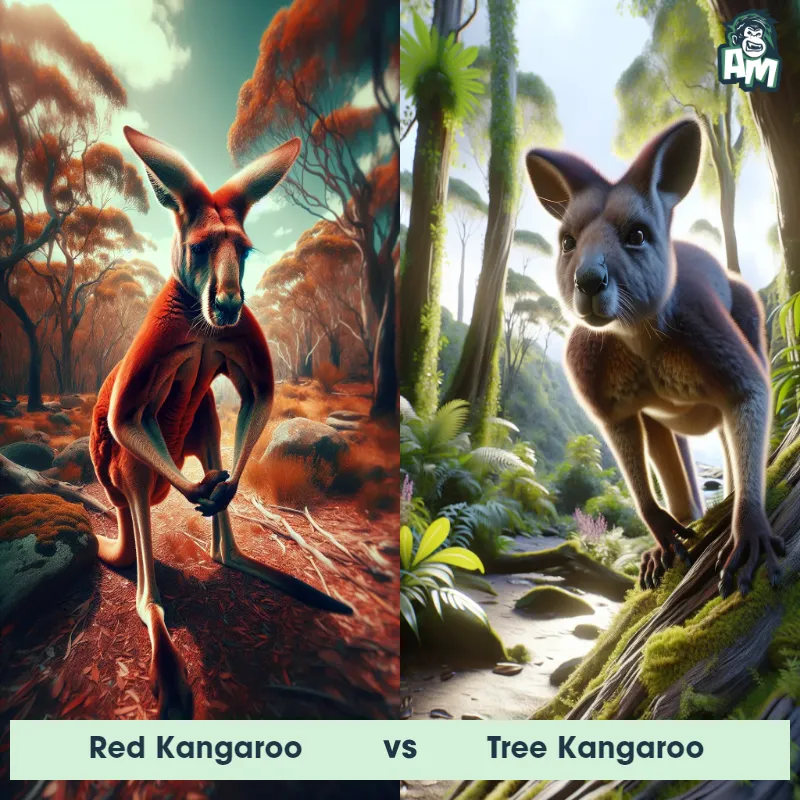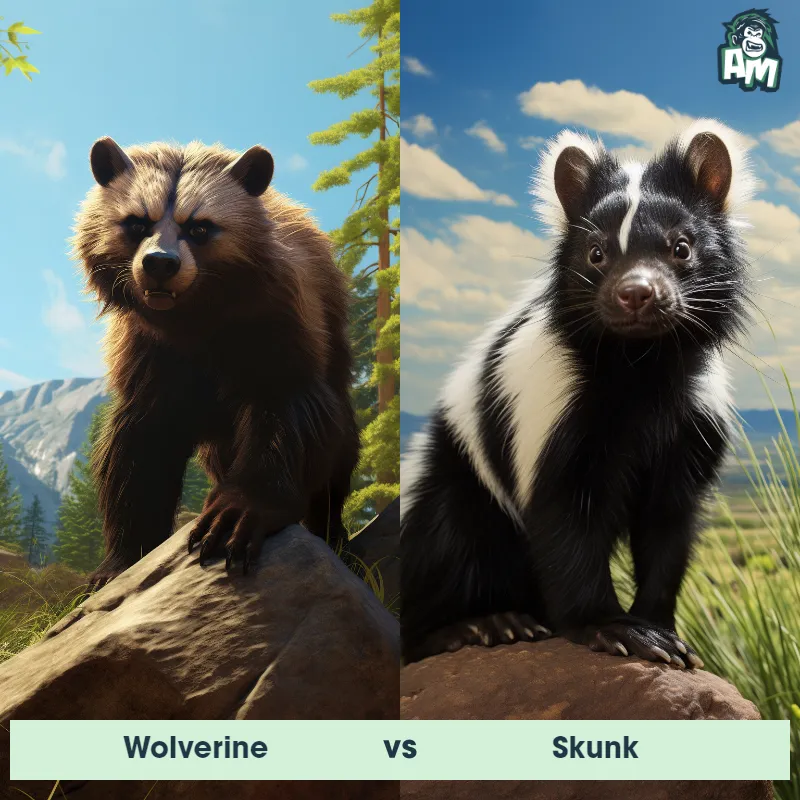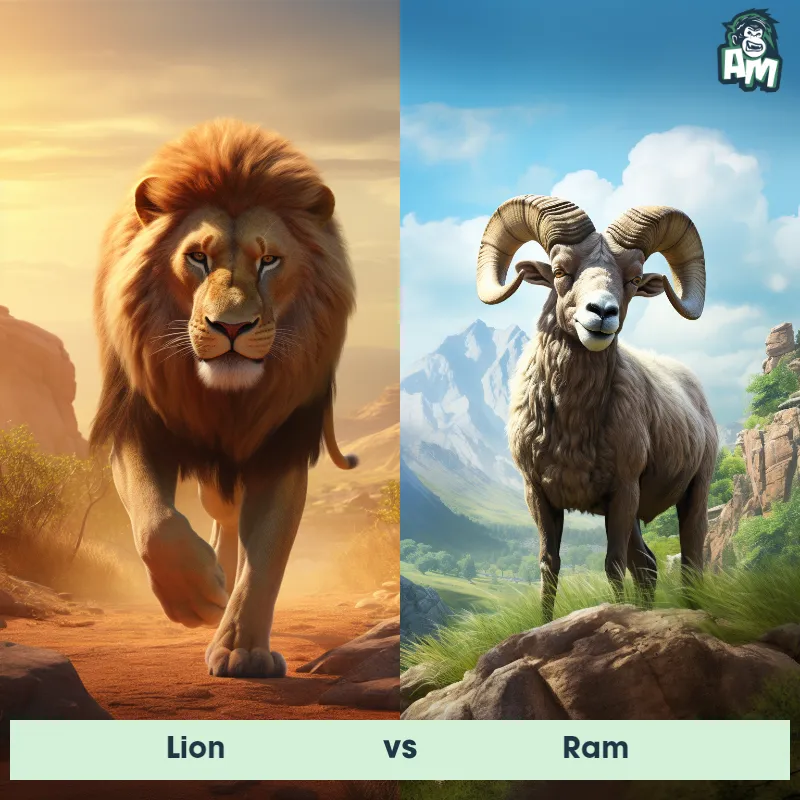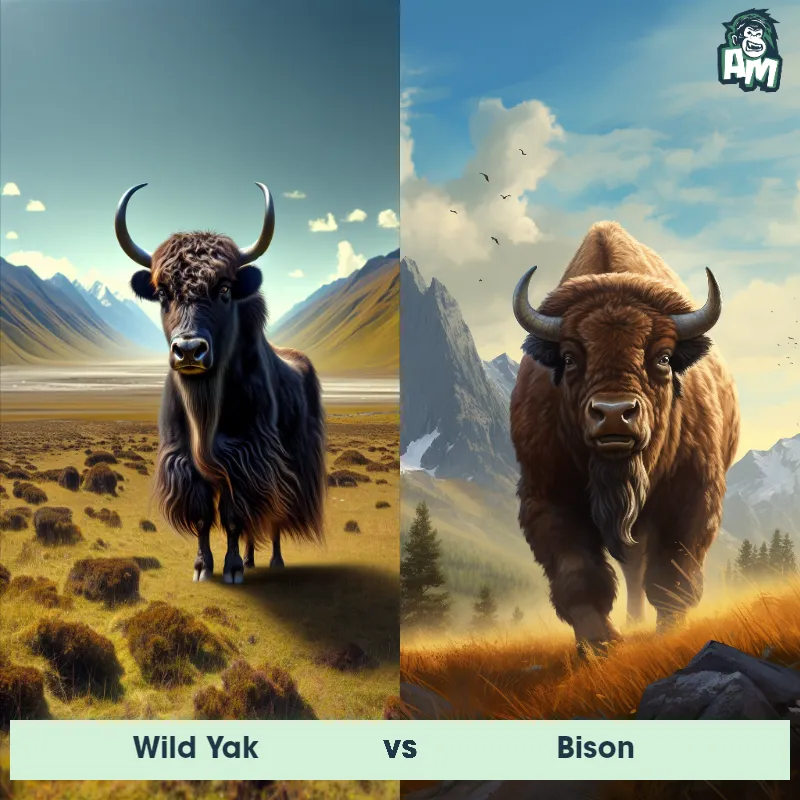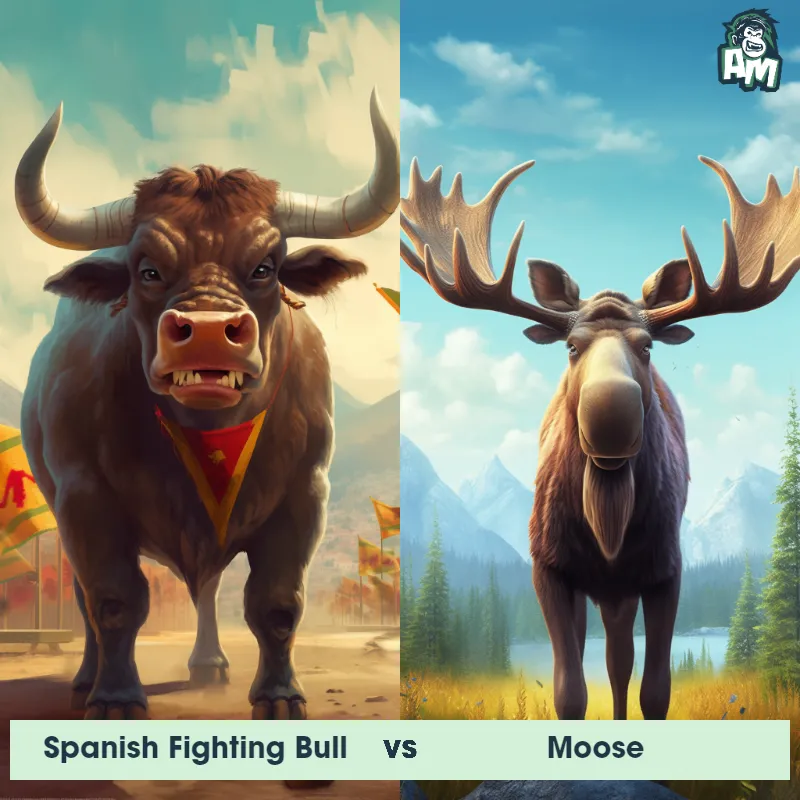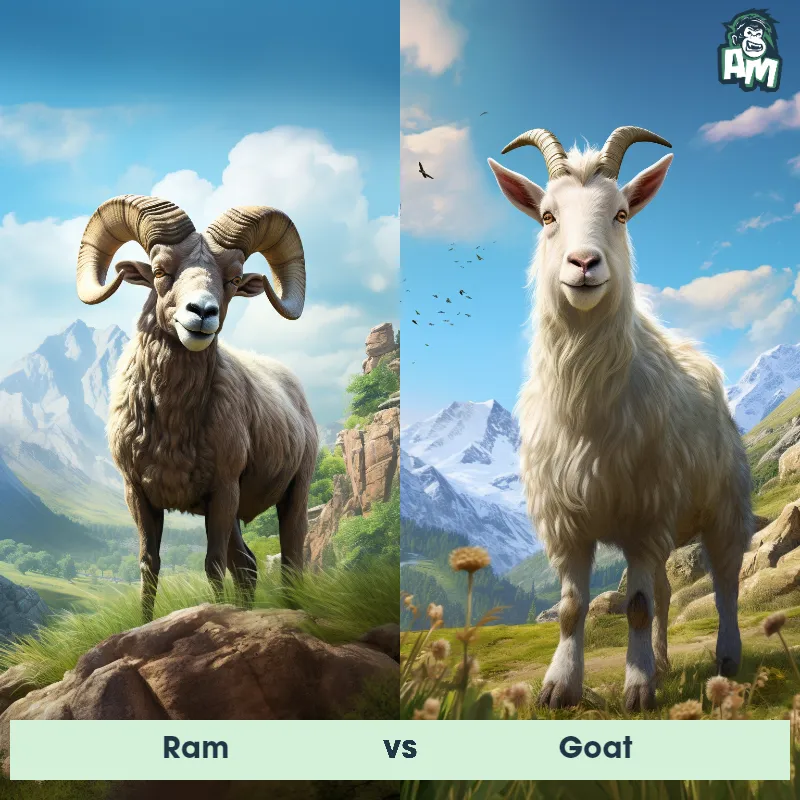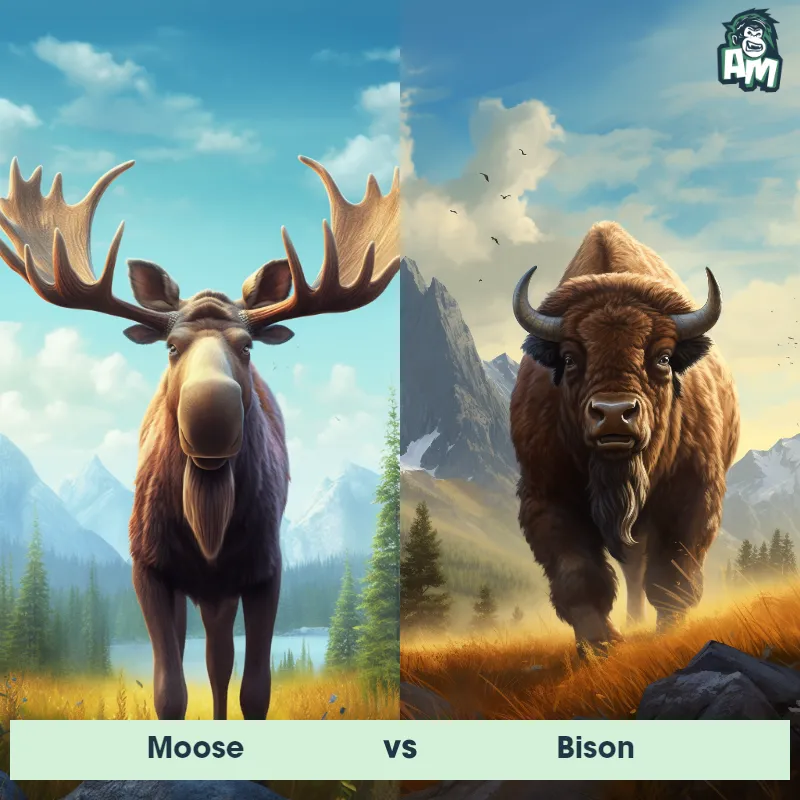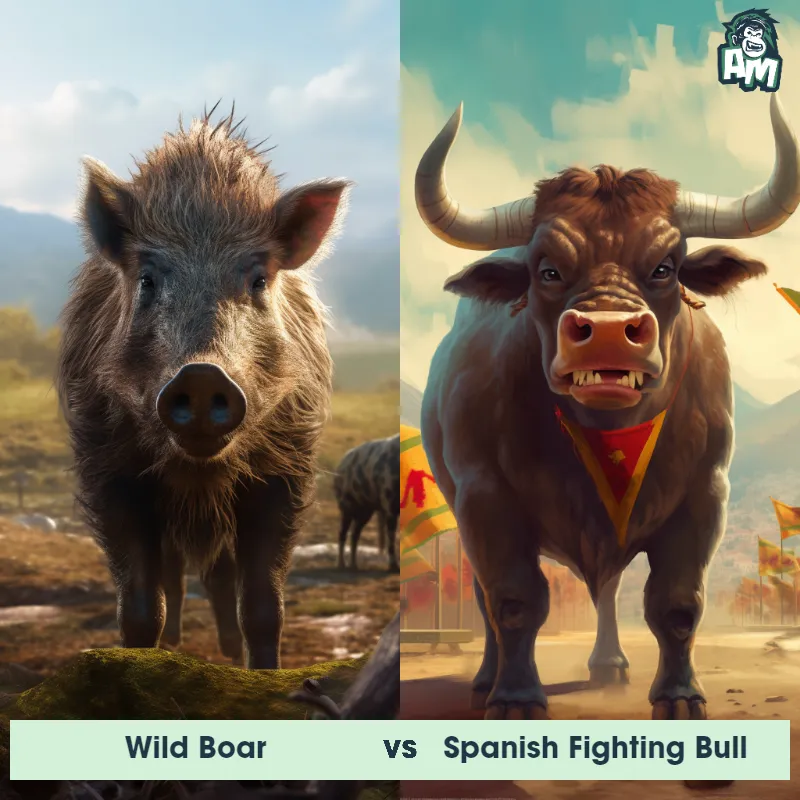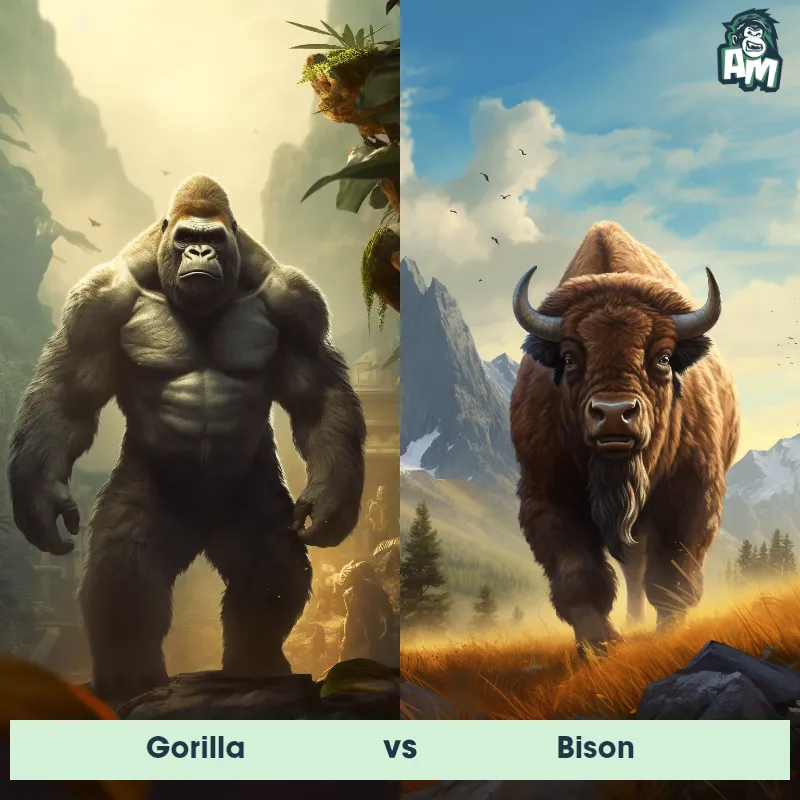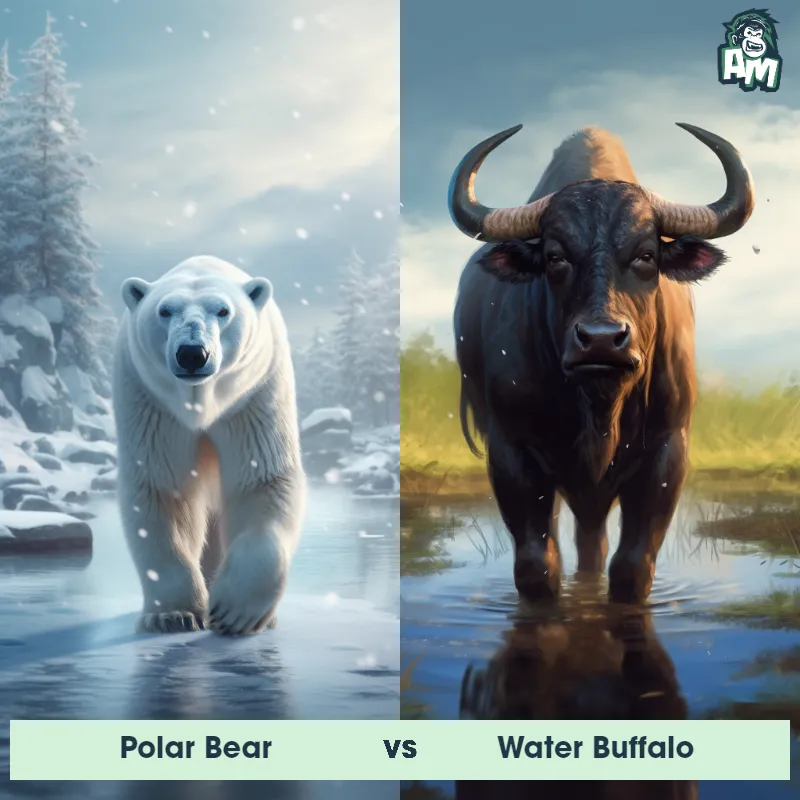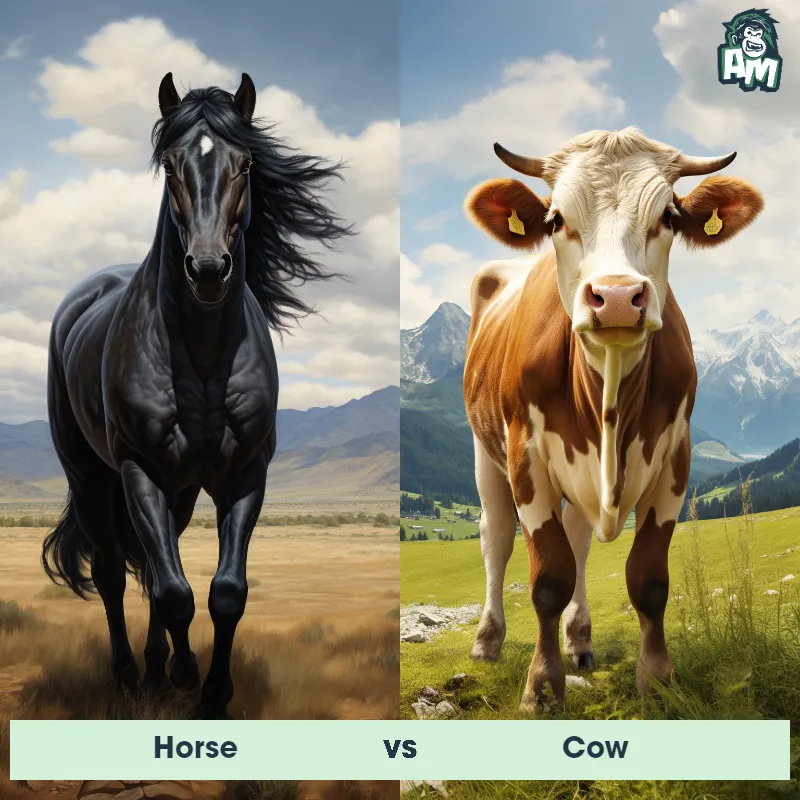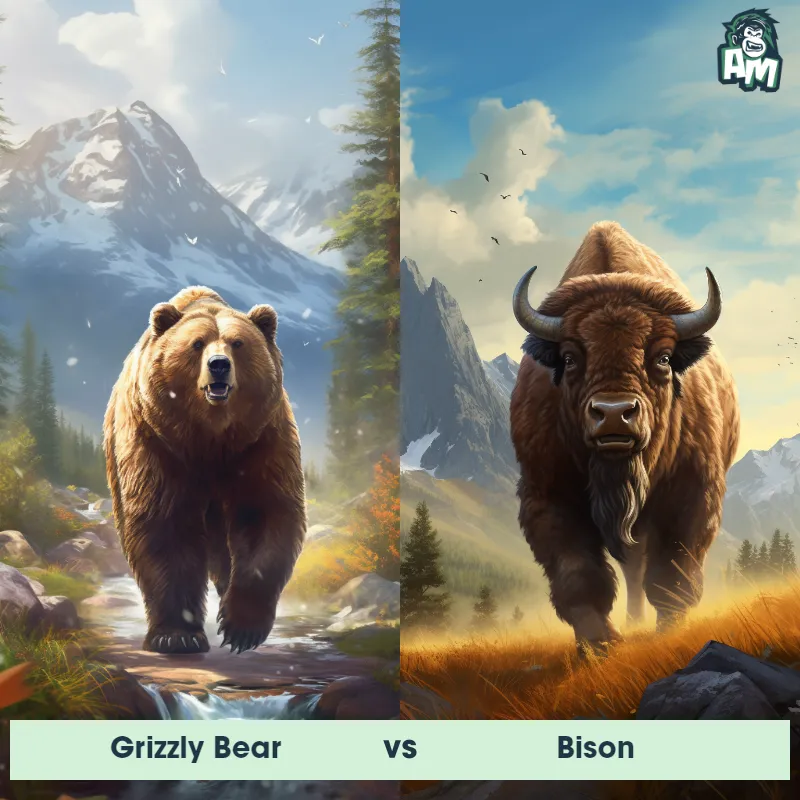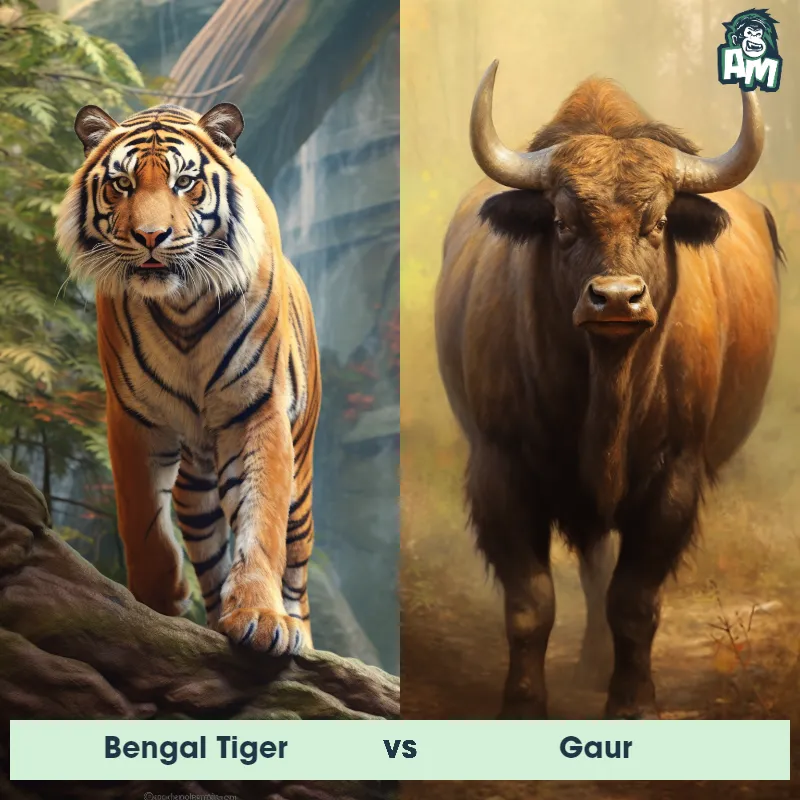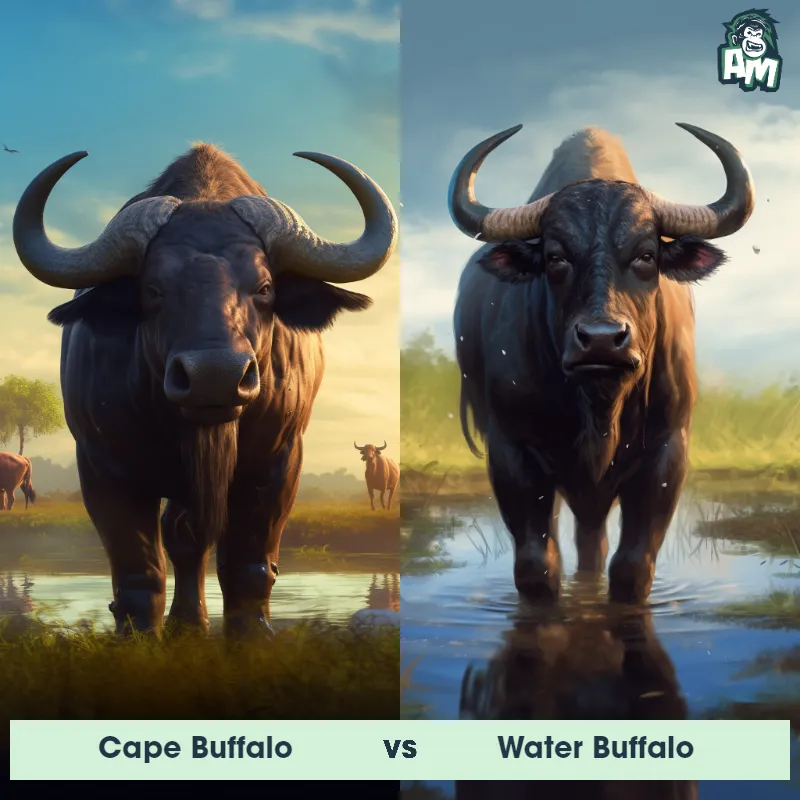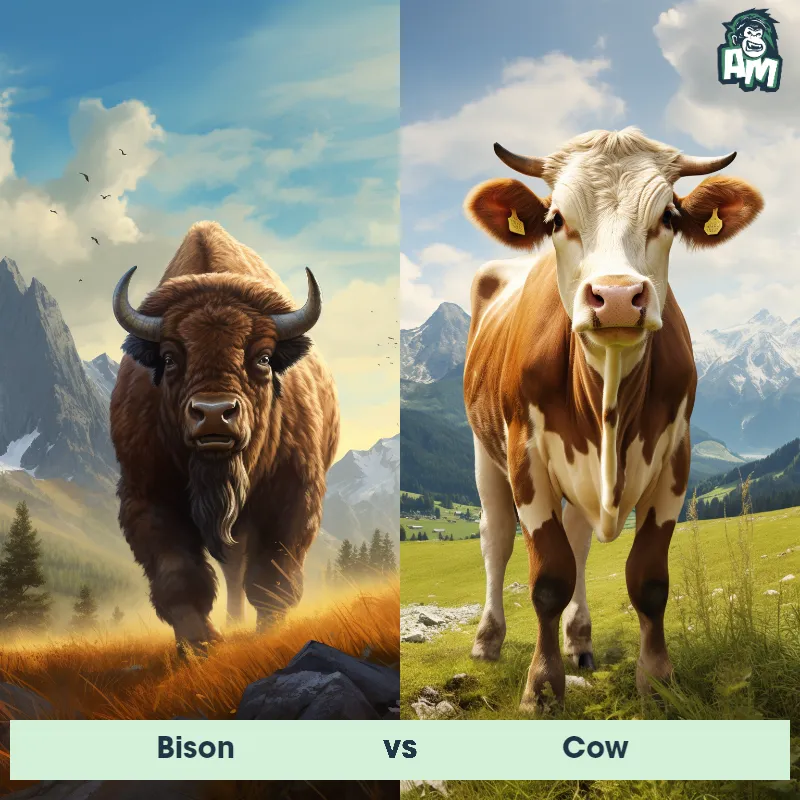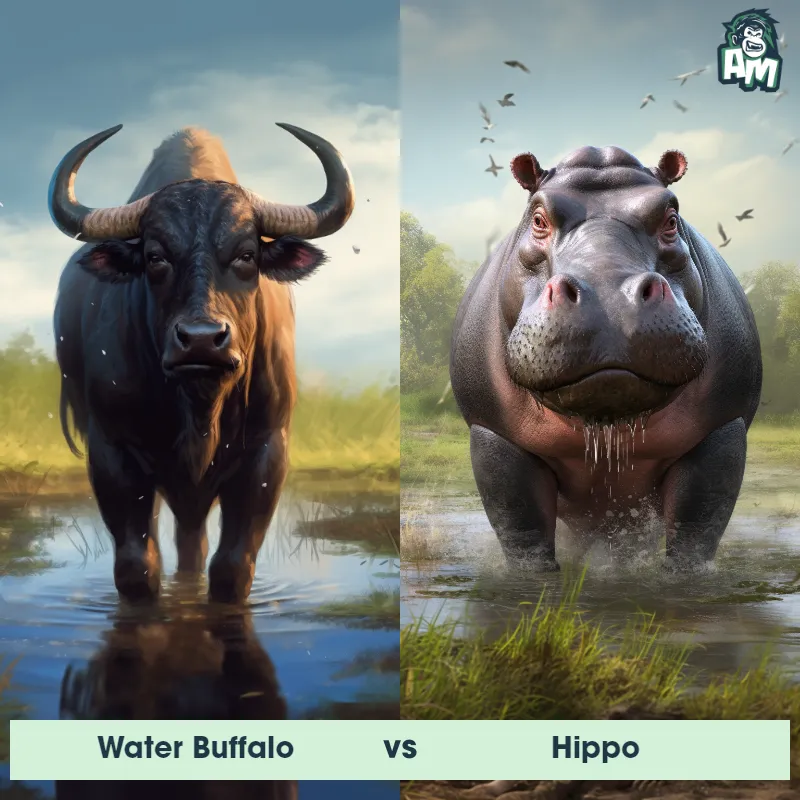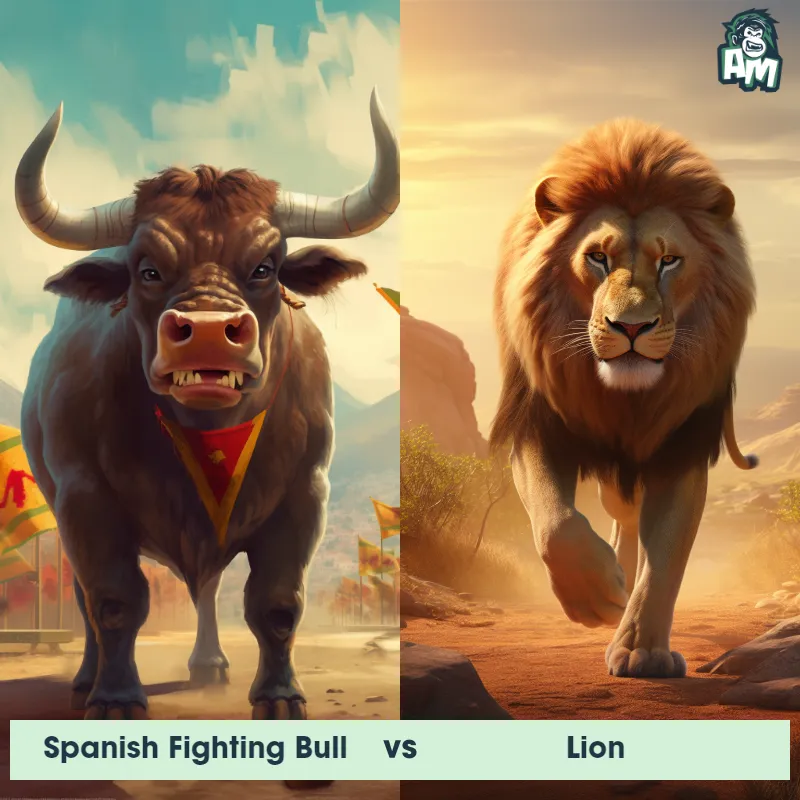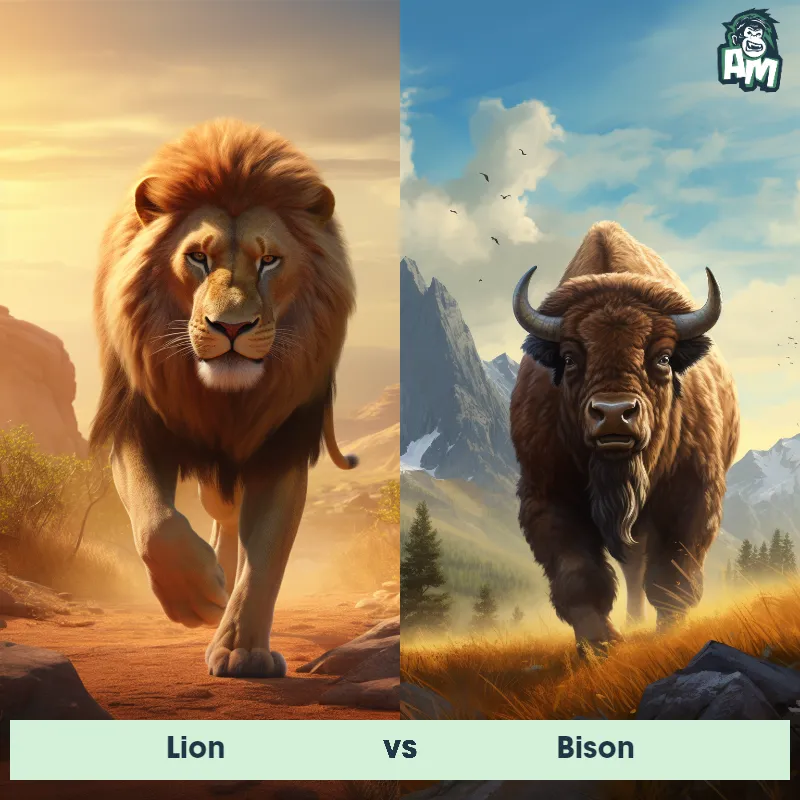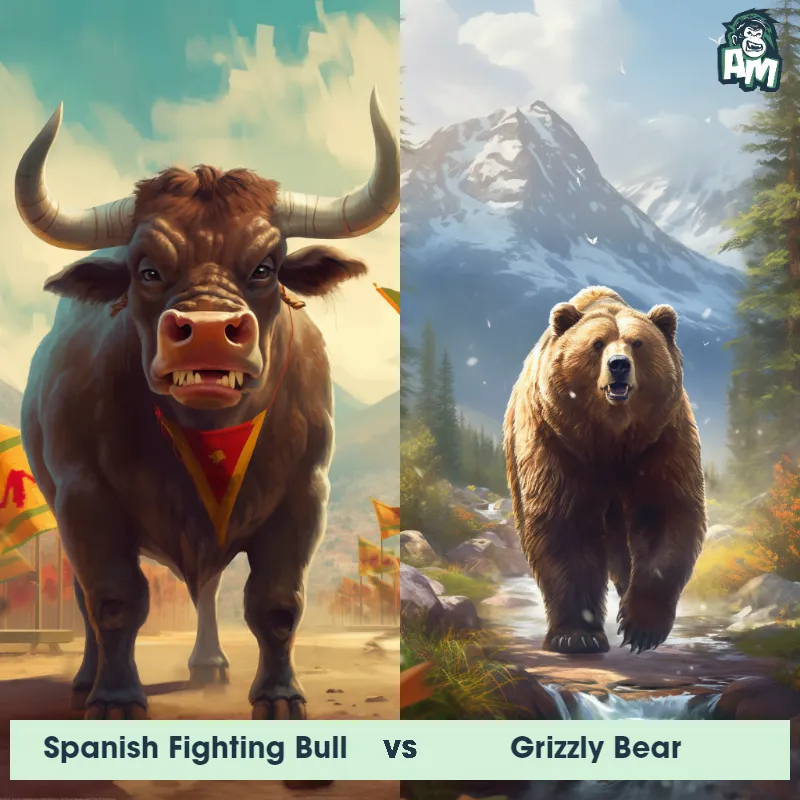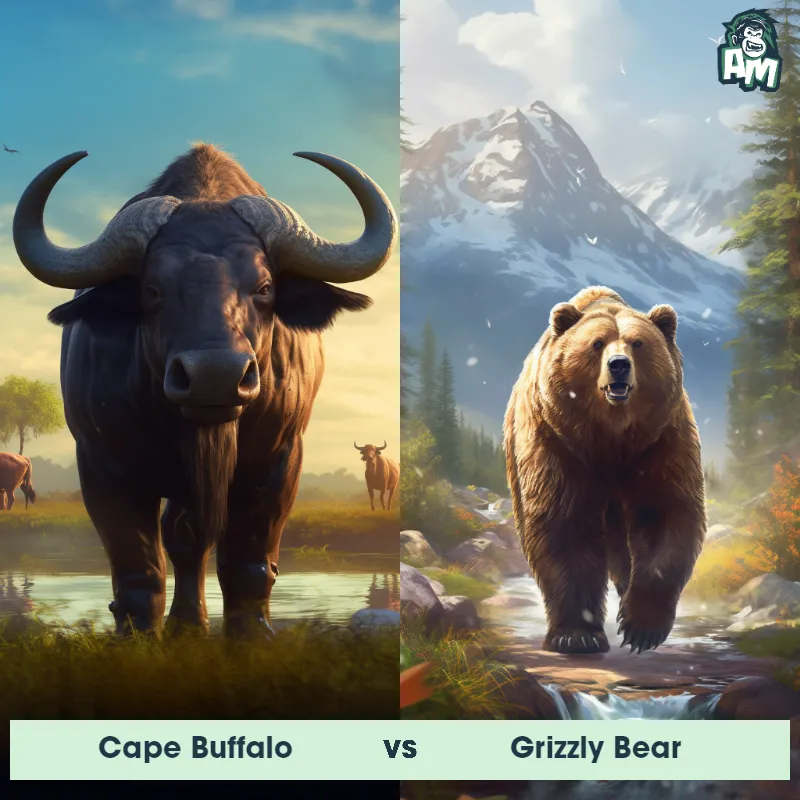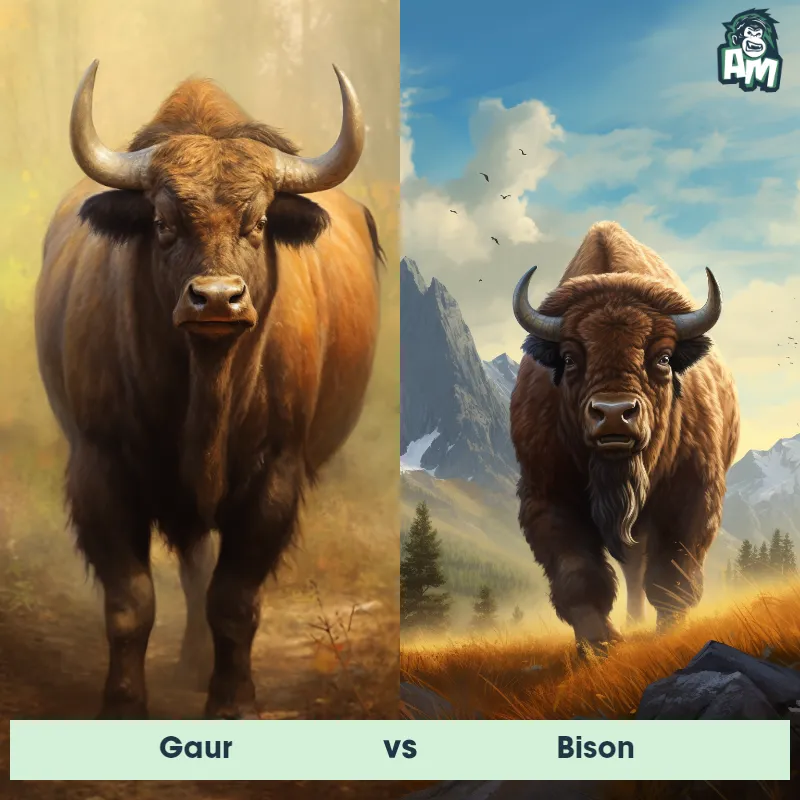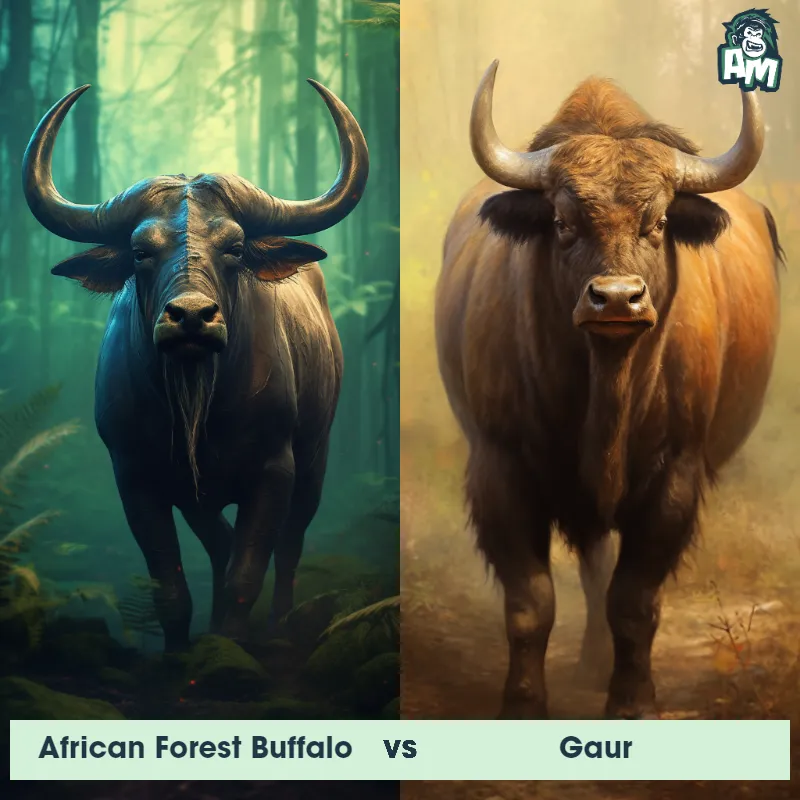Cape Buffalo vs African Forest BuffaloSee Who Wins

Gear up for a ground-shaking encounter between two of Africa's most formidable herbivores - the Cape Buffalo and the African Forest Buffalo! I'll be providing you with the play by play for this awe-inspiring three-round standoff. Prepare for a colossal clash!
Contender 1: Cape Buffalo
The Cape Buffalo, also known as the African Buffalo, is a large and powerful bovine species found in sub-Saharan Africa. They have a stocky build, with a broad chest and powerful legs, and can weigh up to 1,000 kg. Their coat is dark brown or black, and they have large, curved horns that can span up to 1.5 meters. Cape Buffalos are known for their aggressive behavior and are considered one of the most dangerous animals in Africa.
Fun Fact: Cape Buffalos have a reputation for being one of the "Big Five" game animals, along with lions, leopards, elephants, and rhinoceroses.
Contender 2: African Forest Buffalo
The African Forest Buffalo, also known as the Forest Buffalo, is a large and powerful bovine species found in the dense forests of central and western Africa. They have a dark brown or black coat with short, curved horns and a stocky build. These herbivores can weigh up to 900 kg and are known for their aggressive behavior when threatened.
Fun Fact: African Forest Buffalos are known to be one of the most dangerous animals in Africa, responsible for killing more hunters than any other animal on the continent.
Matchup Stats
| Cape Buffalo | African Forest Buffalo | |
|---|---|---|
| Size | Height at shoulder: 1.0-1.7 meters (3.3-5.6 feet); Length: 1.7-3.4 meters (5.6-11.2 feet) | Up to 1.5 meters (4.9 feet) tall at the shoulder |
| Weight | 500-1,000 kg (1,100-2,200 lbs) | Up to 900 kg (1,984 lbs) |
| Speed | Speed: 35 mph (56 km/hr) | Speed: 30 mph (48.28 km/hr) |
| Key Strength | Powerful charge and sharp horns | Powerful charge and sharp horns |
| Biggest Weakness | Poor eyesight and slow movement | Poor eyesight and slow turning ability |
Current Votes
Cape Buffalo vs African Forest Buffalo
See Who Wins
View More Matches
Looking For More?
Similar Matches
Scientific Stats
| Cape Buffalo | African Forest Buffalo | |
|---|---|---|
| Scientific Name | Syncerus caffer | Syncerus caffer nanus |
| Family | Bovidae | Bovidae |
| Habitat | Grasslands, savannas, and forests | Dense forests |
| Geography | Sub-Saharan Africa | Central and Western Africa |
| Diet | Herbivorous, feeding on grasses, leaves, and other vegetation | Herbivorous, feeding on grasses, leaves, and fruits |
| Lifespan | 15 years - 25 years | 15 years - 25 years |
Key Differences between Cape Buffalo and African Forest Buffalo
- Habitat: The Cape Buffalo is found in open savannas and grasslands, while the African Forest Buffalo is found in dense forests and swamps.
- Horns: The Cape Buffalo has a wider and more curved set of horns that form a continuous "boss" across the forehead, while the African Forest Buffalo has shorter and more curved horns that do not form a continuous boss.
- Coloration: The Cape Buffalo has a darker coat that is almost black, while the African Forest Buffalo has a reddish-brown coat.
- Size: The Cape Buffalo is larger than the African Forest Buffalo, with males weighing up to 910 kg compared to the Forest Buffalo's maximum weight of 450 kg.
- Behavior: The Cape Buffalo is known for its aggressive behavior and tendency to charge when threatened, while the African Forest Buffalo is more elusive and tends to flee when threatened.



